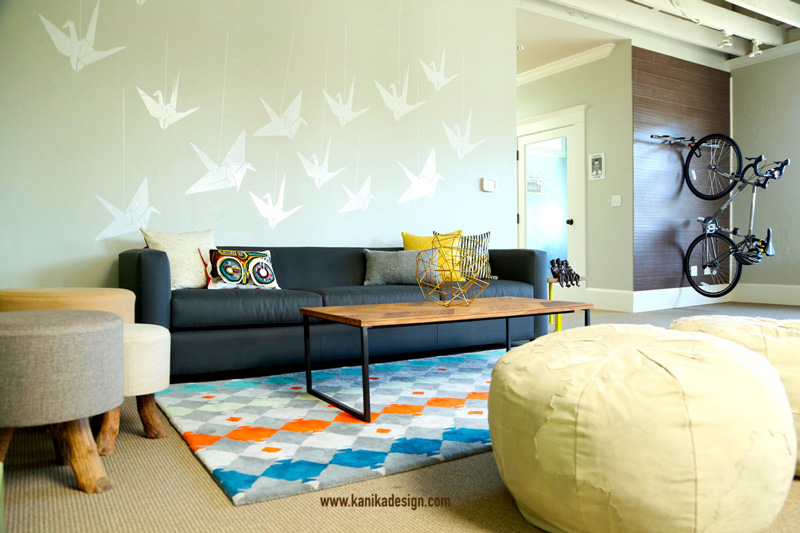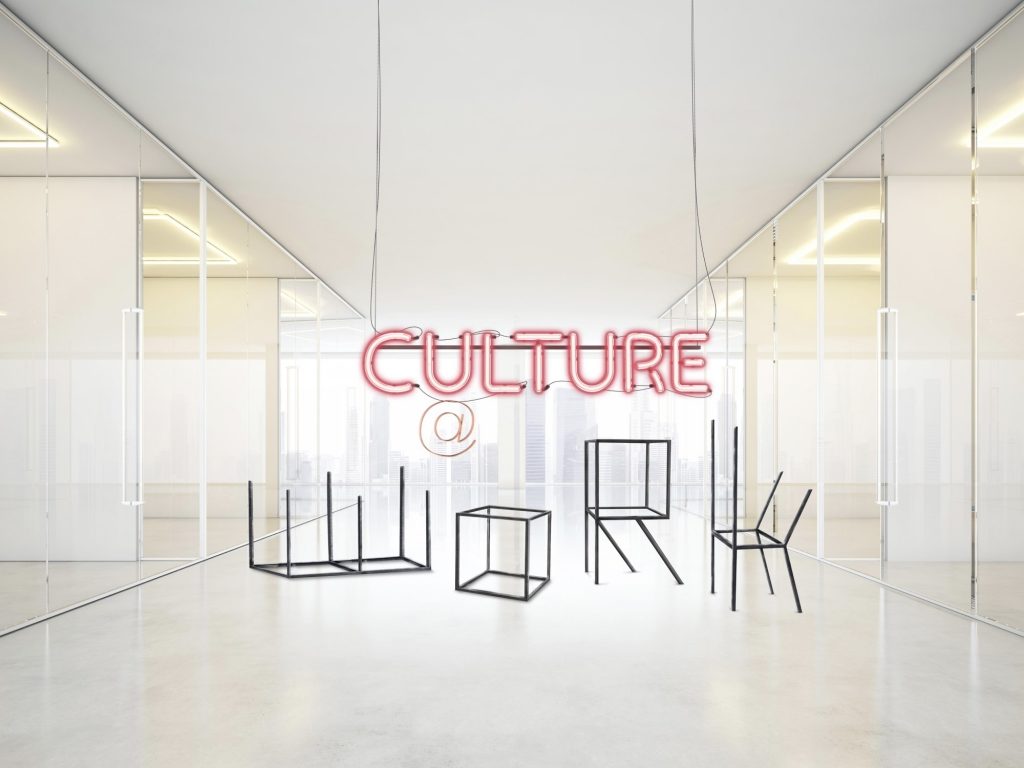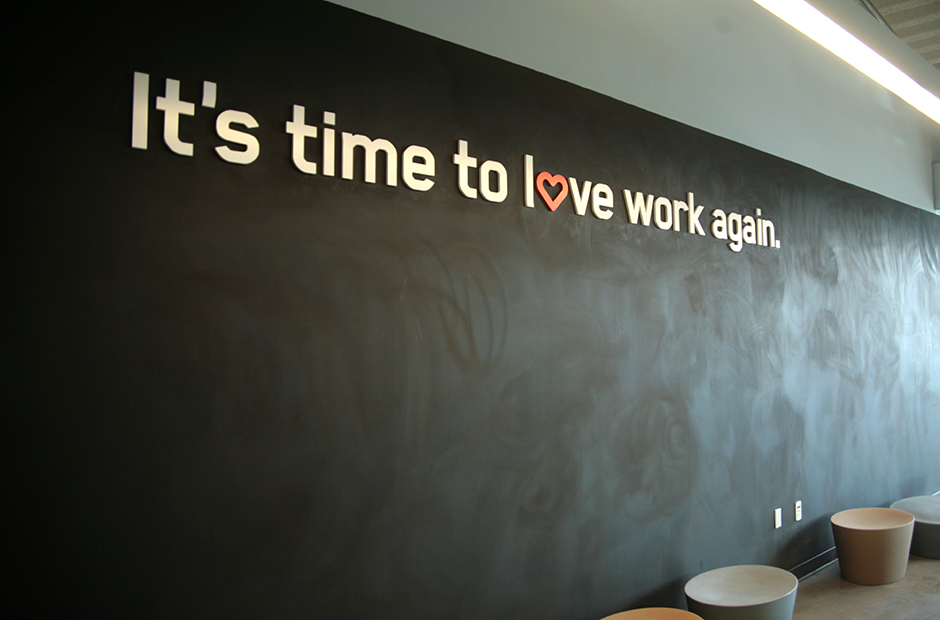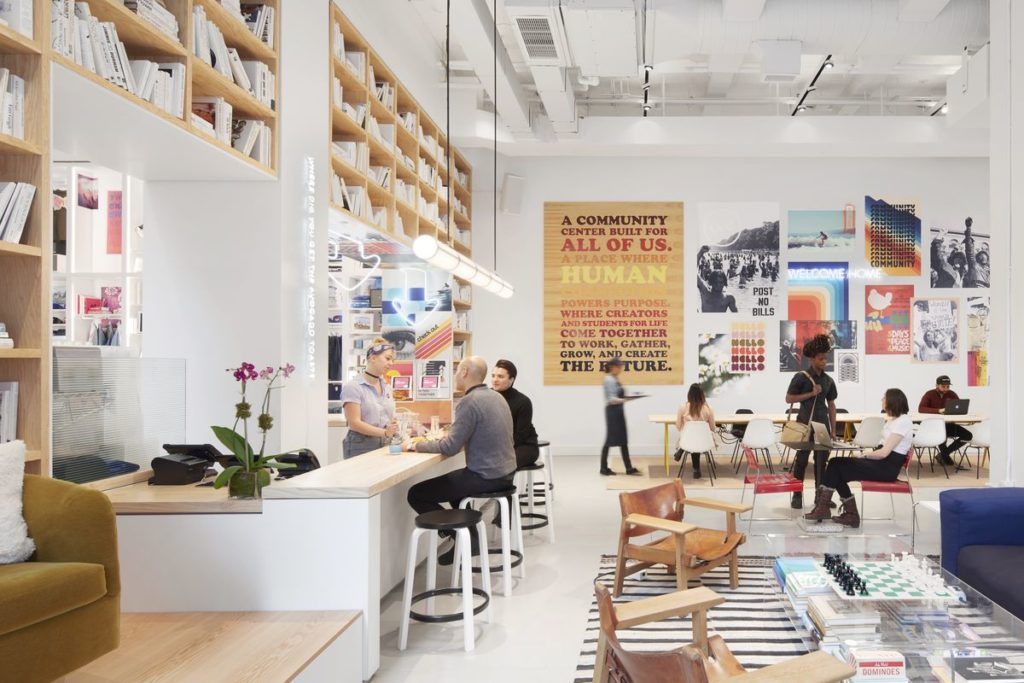Startup companies strive to be innovative, fresh, and aim to transform businesses. They want remodeled kitchen areas, modern office interior design space, and bright wall colors with inspiring quotes to make a statement… you name it!
Competition is keen between startups and if you’re a true startup expert you’ll know what to expect. After doing some extensive research we’ve come up with a list of the top 3 reasons tech startups use design to enhance their office interior design space.






RECENT COMMENTS